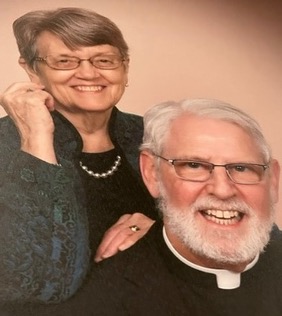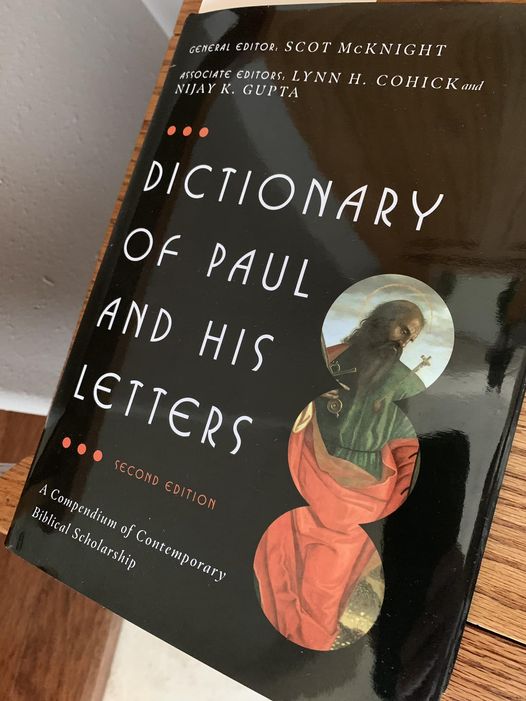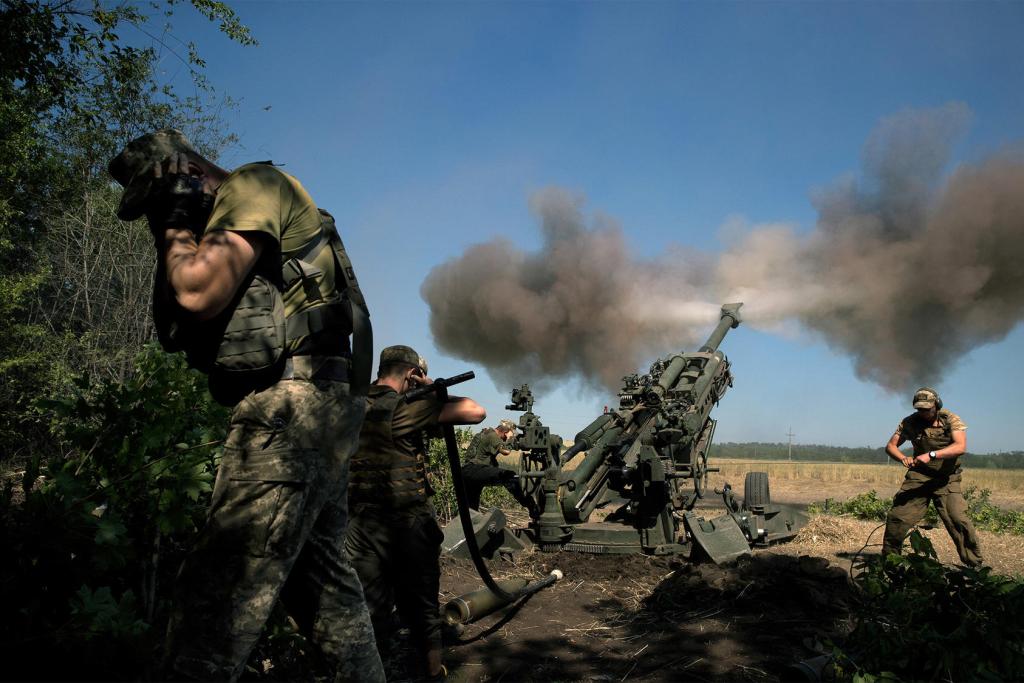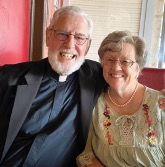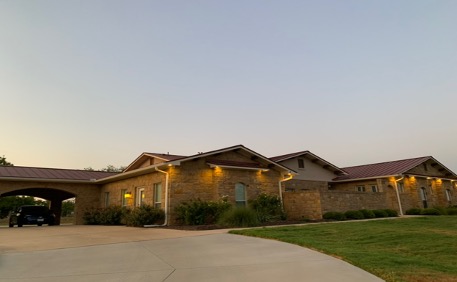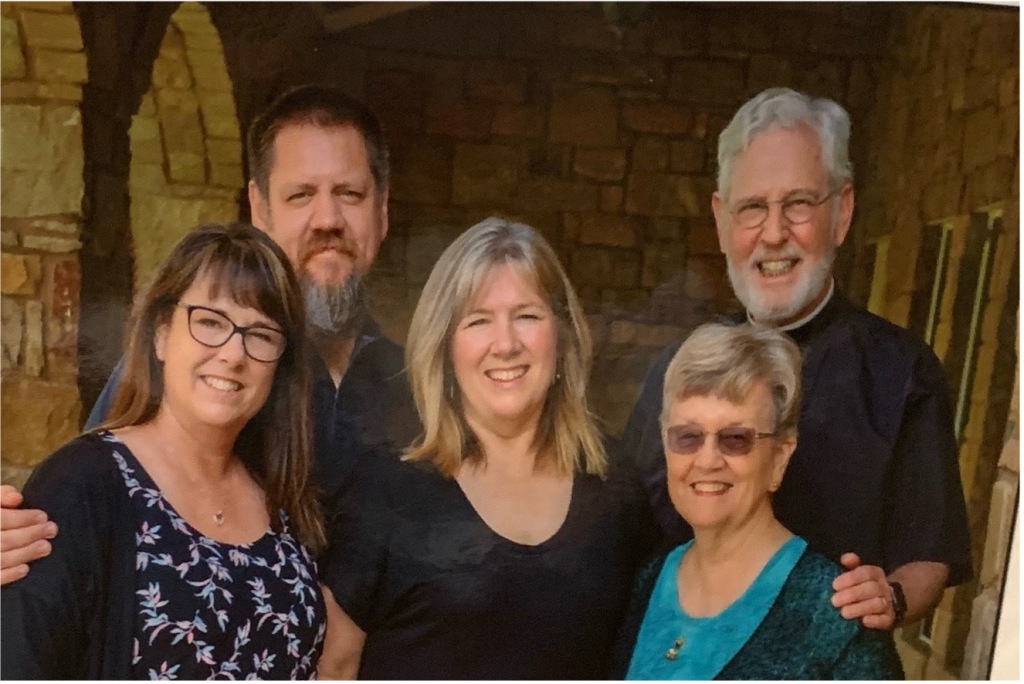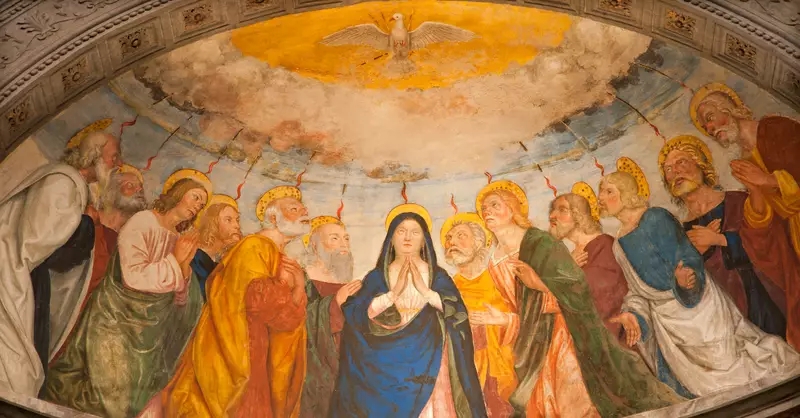Over the past year we have seen quite a few significant failures in evangelical and charismatic leadership. We have, perhaps, listened to The Rise and Fall of Mars Hill podcasts, an excellent series that concerns much wider issues than Mars Hill and Mark Driscoll. We have, perhaps, read Scott McKnight’s A Church Called Tov: Forming a Goodness Culture That Resists Abuses of Power and Promotes Healing (Tyndale House Publishers, 2020) – an audiobook version is available as are video discussions of the contents. More recently there has been Michael Bird’s “Lessons from the Rise and Fall of Mars Hill.” And then there are innumerable revelations about and discussions of this or that leader or community on Twitter, Facebook, LinkedIn, and other online media. In other words, it looks like the Episcopal/Anglican sexual abuse scandals have moved into the evangelical-charismatic world, but with two differences: (1) there has been no institutional move to address the issues with mandated training and reporting and a zero tolerance policy (in the Catholic Church in the USA this was the Dallas Accords of 2006) and (2) the evangelical-charismatic issues have been as much or more abuse of power as sexual abuse and often the former has been justified and the latter has been treated leniently, at least if the leader’s spouse did not divorce them.
The Catholic and Anglican world (which are the two I know) have had a great awakening partly due to the development of trauma science which showed that the memories (often initially fragmentary) of trauma (including sexual abuse) were rarely false and should therefore be trusted (this was very important because clergy predators were usually well-known-and-like, personable, and ministerially effective individuals, all of which was necessary for them to effectively groom victims), partly due to recognizing the addictive nature of this behavior (in other words, a stern rebuke from a bishop would not work, even if, as in the Catholic situation, it was sometimes accompanied with an assignment to a monastery for penance and reflection, which was the earlier response, and neither would psychotherapy work, which was the later response), and partly due to legal challenges. In my earliest sexual abuse prevention training in the Episcopal Church I was told that the training and policies associated with it were required or else the Church Insurance Corporation would drop its coverage, for instance. Now we will never be able to eliminate such abuse for no psychological screening or background checks will prevent 100% of potential abusers from becoming ordained or otherwise having access to potential victims, yet it is significant that in the Catholic Church in the USA and Canada, at least, the rate of abuse peaked in the 1980-1990 period and then fell off sharply. Furthermore, the most scandalous new revelations generally come from Church-commissioned independent studies that cover 50 to 70 years of cases. Finally, the issues that seem to be hitting the press today are whether bishops covered up abuse or fulfilled their duty of due diligence decades ago. (There is an exception in the case of some Religious Orders rather than dioceses that either had endemic abuse within – abused people have a good chance of becoming abusers – or which seemed to feel they were not bound by the Dallas Accords since they were not dioceses.)
Now, without pretending that I have discussed all the ins and outs of Catholic and Anglican problems in this area, the elephant in the room was that this never was just a Catholic and Anglican problem, but involved all churches and organizations in which there were people to abuse. It involved the now-bankrupt Boy Scouts of America (of which I have personal experience), it involved schools for evangelical missionaries’ children abroad (again, we know victims), it involved evangelical and charismatic churches in North America, as well as parachurch organizations (e.g. Christianity Today had a serial abuser on its editorial staff while the Mars Hill podcasts were being produced as one can tell from court records). While counseling a largely evangelical – charismatic clientele in two different provinces in Canada my wife once commented, “I no longer ask if a woman who comes to me (for whatever presenting problem) was sexually abused, but when is she going to disclose it.” This was not being talked about except when this or that high profile person hit the headlines. But that did regularly happen and has continued to happen.
Furthermore, the abuse of power was rarely if even discussed. Sometimes this abuse of power was financial, sometimes it was angry tirades, sometimes it was misuse of church discipline to expel or shame or discredit or “shut up” a person. In the charismatic world it often came out in the use of “prophetic words” to control or even destroy others. When prophecies, even very public ones (one thinks of “words” about COVID and about former president Trump as recent examples) were not fulfilled, rarely did anything happen. Perhaps that is because they were more about the emotions of the moment when they were being given and not about truth claims, perhaps because they were more enhancing the “spiritual” power image of the speaker than the reputation of Jesus. What is clear is that these things were not the stuff of outrage within the evangelical – charismatic movement and that in many cases, as Richard Foster saw so clearly so long ago, money, sex, and power, including charismatic power, are linked. I want to suggest that behind the issues there was historical-spiritual amnesia. In this I am supplement what Michael Bird and others have written.
First, there was an amnesia about the nature of leadership. Leaders were looked for who were organizational men (for the most part) who projected strong personalities, preached what seemed like powerful sermons (depending on how one defined “powerful” – converts made, miracles happening, etc.) and otherwise fit the mold of the secular leader. After all, it was “their” church or “their” ministry – the person was the headline name. Over against this is 2000 years of church history. If you want to find what was looked for in a leader, look at the lives of the saints (the tradition was well-aware of corrupt leaders and then need for periodic reform, as Dante’s Divine Comedy shows, so looking at those designated saints indicates the characteristics that were approved and sought).
The chief characteristic was humility, for these were men and women who were very aware of their sins and weaknesses, who were often quite penitent, and who were humble about their own abilities. They did not talk about their own exploits, including spiritual ones, but, if they did praise anyone, they praised another. Augustine of Hippo does not praised himself – see his Confessions – but he does praise Ambrose of Milan, under whose influence Augustine was converted. Many tried to flee to solitude rather than be raised to high office. Power and fame had no control over them.
A second characteristic was their love of charity. Nicholas of Myra is noted in the true tradition for having secretly tossed a bag of money through the open window of a house so that a young woman could marry rather than be forced into prostitution. John Vianney, as recent Popes have pointed out, received significant funds from grateful people he had ministered to, but it flowed through his fingers to those in need. Ones sees this throughout the tradition.
A third related characteristic was their service to others. It was Pope Gregory the Great who coined the title other popes have used, “servant of the servants of God.” The good ones, including Pope Gregory, have lived that. Often the degree of their service only came out after their deaths: they did not advertise or try to create an image. One thinks of the Bishop Francis de Sales, willing to walk into his diocese each day and walk out at night, serving tirelessly, constantly at risk because Protestants within his diocese would have gladly killed him. Then at night writing a voluminous number of letters of spiritual direction that have left us with a treasure trove of spiritual insight we still read. The theme of service varies with the person from care for the sick and dying (sometimes ending with the death of the saint who contacted plague or leprosy) to the education of street youth or prostitutes to hospitals (which started with Basil the Great in Cappadocia) to support of the destitute (most recently seen in Mother Theresa). Some were too weak or ill to do much, but still knew, as Therésè of Liseaux put it, “Small deeds done with great love” are pleasing to God.
The fact is that these and other virtues were not isolated, but were woven together in works such as The Imitation of Christ (put together and translated into Latin by Thomas á Kempis. In other words, the tradition uniformly presents concrete examples of people whose lives were given to serving others, whether they were Popes or hermits or tradespeople. This is the opposite of the CV’s of celebrity pastors and church leaders who boast about building their church. It may indeed be theirs, but in that case it is not Jesus’. I suspect, and there is evidence to support this, that even the bad examples of bishops and priests, filled with love of power, political influence, graft, nepotism, and simony (all of which one can find in the failed leaders of today) at least knew that there was another model and saw that model in the saintly bishops and priests and abbesses and the like around them. But if we forget our history and only focus on what is in our terms the “successful pastor,” we do not have the concrete historical examples of people living like Jesus (in quite a literal sense) to prick our consciences and tell us that something is wrong. Leadership is living out the virtues of Jesus as one fearlessly and gently, but firmly, goes about sacrificially doing what he has called one to do, which will always be something to do with love, i.e. seeking the good of others.
Second, there is an amnesia about the Holy Spirit and the effects of emotional worship without spiritual transformation (which is the result of spiritual disciplines). Many ecclesial communities, especially charismatic ones, act as if the Spirit went to sleep in AD 70 or perhaps AD 100 (often identified with the completion of the New Testament) and woke up with the Pentecostal movement of the early 1900’s. In the early 1800’s J. N. Darby, who would go on to promote gift cessationism, within the context of the prophetic conferences of his day said, “It is the duty of Christian men in these last days to seek the restoration of the gifts of the Spirit.” But Darby did not like what he saw of this in the New Apostolic Church of Edward Irving. The various revivals of the 1800’s, usually focused on celebrity performers/ preachers, did change the ecclesiastical landscape of the USA, but did little to change some of the social ills, especially the slavery of and the suppression of the rights of Afro-Americans (George Whitfield ended his days as a slaveholder in Georgia; Johnathan Edwards owned slaves in New England). It did result in a lot of adventist fervor and healing movements, but it also produced the “Burnt Over District” where repeated revivals had led to religious burnout. It was from there than some of the new and less orthodox groups of the 20th century originated, including Joseph Smith and the Church of Jesus Christ of Latter Day Saints. It was out of this ferment that the Pentecostal movement came with its call to pray until the group was hit with Spirit-revival marked by speaking in tongues (which the early ones believed were known languages). The fervor and conviction was genuine enough and people left the USA for foreign countries expecting to be able to speak the language with the gift of tongues and be miraculously supplied “by faith,” often with disastrous results. But these groups rarely realized that the previous century with both its good and bad had prepared for their “revival.” They thought that they were the first (and different groups did claim to be first).
That would move into the mainstream churches, first as the Charismatic Movement in the Episcopal and other mainline churches and then in the 1960’s in the Catholic Church. It was a time. of great conferences and then of various more or less charismatic church movements (I think of the Associations of the Vineyard Christian Fellowships which positioned itself between evangelical and charismatic) and then the independent charismatic churches that would eventually develop into church networks. Each seemed to focus on a few leaders, prophets or apostles, and if one’s position is dependent upon being filled with the Spirit and manifesting the Spirit’s power the prophecies and claims increased as fast as the internet. They also became worldwide in such groups as the Global Awakening and the New Apostolic Reformation. The problem was that there were also multiple scandals, for power unless controlled by deep humility links to money and sex, as well as the abuse of power. Furthermore, many of the prophecies, especially the political ones, were unfulfilled without any repercussions for the prophet (just as the many books on the “Last Days” predicting on the basis of the assured interpretation of Scripture what would happen in the next few years often garnered royalties without any check on whether any of the predictions actually happened).
There were two reasons for this. The first is that there was no one such independent folk were responsible to. For many of them, although they had a board, it was only the Spirit in the pastor that was the real authority. John Wimber tried to set limits in the Vineyard movement, but he once he was disabled and then died, without “papa” (as he referred to himself at times) there was no check on the groups that left or were expelled from the movement, no one they were responsible to, except perhaps a council of independent minded “elders” or “apostles” who seemed to exercise little control. The lack of true responsibility structures was one reason that the Catholic and other hierarchal groups could clean up their act (as the numbers show) but that was not noticed where the spirit of independency reigned util their ships started sinking.
The second is that, again, there was no awareness of history. There never was a cessation of spiritual gifts, at least not if one read the literature from the early second century up to the present. There was a focus on the character gifts rather than the so-called charismatic gifts, even if the latter were recognized as still quite active. There was a stress on humility so a person rarely talked about what God had done through them, but would talk about what God had done through this or that other person. There was also a different approach to gifts in that one sought God, not gifts, and in that seeking communal prayer, humble service, and a holy character were stressed. This was expressed in different ways, but it was relatively universal. In the 1800’s St Seraphim of Sarov spoke what is know as his work “On the Acquisition of the Holy Spirit.” His directions were not that different than what one sees in Teresa of Avila (or of Jesus) in The Interior Castle. This would not be that different from the relevant parts of The Imitation of Christ. The point is that whether one looks East or West or which century one looks in one tends to find the same wisdom. That begins with seeking Jesus rather than seeking gifts, power or position. It continues with accepting those gifts that God gives, but neither trying to hold onto to them nor talking about them to others. Then when it comes to revelations and locutions of various types, always check them out with a confessor/spiritual director before sharing them (I recently read multiple pages on this in Alphonsus Liguroni’s book of instructions for confessors). Teresa of Avila would say to check them out with a “theologian” if possible, if one’s confessor is not astute in that area. The above is only a small sample of what is available.
In other words, not being under authority, real authority that can say “no,” is dangerous, and that danger has been seen in crashing ministries and, in some cases, churches, not mention disillusioned folk who join the conglomeration of people now called the “nones” (they identify with no church and do not regularly attend any). And, on the other hand, there are a couple of thousand years of wisdom in discerning spiritual phenomena (including Ignatius Loyola’s chapter on the Discernment of Spirits in his Spiritual Exercises) which, if followed, would have prevented both the charismatic madness that we sometimes see and the leaders who lead their people, like lemmings, off cliffs.
I do not pretend to have said all that could be said, but simply to note that ignorance of history is disastrous and the spirit of independency makes one a sitting duck for negative spiritual forces as well as for one’s own emotional baggage. We have pretended that the church began again with the Reformation or with Topeka Kansas or Azuza Street or with the beginnings of our own denomination or church. This is not just pride. It is disaster, and disaster is what we have been seeing in the news.


